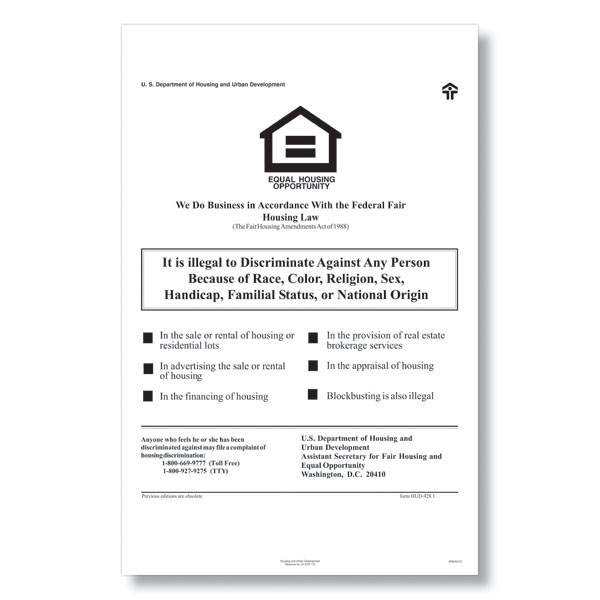
Louis, Missouri - protect a broader range of income sources, such as alimony or palimony. have passed source-of-income discrimination laws, according to the Poverty & Race Research Action Council.įor example, some places only protect sources of public assistance, such as those provided through housing vouchers and rapid re-housing and permanent supportive housing programs. To protect renters, state and local governments have adopted laws barring landlords from refusing to rent to people based on the source of their income.Īs of February 2021, 18 states, more than 90 cities and counties, and Washington, D.C. More laws ban discrimination based on income source In a growing number of places, these denials are illegal.

Some landlords also refuse to count Social Security, child support, public assistance, alimony or palimony and other legal sources of income in determining whether a renter is qualified. Unfortunately, some renters who receive financial help still face hurdles from landlords who don’t want to accept vouchers. Under the program, tenants may pay a share of the rent, and the local public housing authority pays the rest directly to the landlord. It pays rent subsidies to private landlords through a network of 2,100 state and local public housing agencies across the country.

The largest and most well known of the housing assistance programs is the federally funded Housing Choice Voucher program, often referred to as Section 8.

Some programs provide a one-time financial boost while others offer monthly rent subsidies or permanent housing that may include supportive services for veterans and people who are chronically homeless. The type of help a person is eligible to receive depends on their circumstances. There are many local and federal programs that help individuals and families with low incomes afford safe, decent and clean rental units or homes in which to live and raise their families. In fact, millions of people across the country struggle to find affordable rental homes.Ī home is generally considered affordable if a family spends 30% or less of their monthly income on it. Few things are more stressful than looking for a rental home when you don’t have enough money to pay the rent. For information about this and other CMC services for nonprofits, or to schedule a future interview, contact Nonprofit Outreach Coordinator, Adrian Hirsch, at 61 x105 or email. NPO Showcase is just one of the many ways that the Community Media Center serves the nonprofit community. For those experiencing discrimination, FHCWM offers ways to report discrimination and provides the next steps for the tenant.Ĭommunity members can get involved by attending an event or workshop, volunteer, or make a donation. For tenants and homebuyers, they provide informational materials outlining community member's rights on topics ranging from discrimination against ethnicity, religion, disabilities, age and more. In this week’s segment of GRTV’s NPO Showcase, Liz Keegan, Director of Education & Outreach from the Fair Housing Center of West Michigan discusses how the organization helps prevent housing discrimination, and educates the community and landlords on the best practices to avoid discrimination.įHCWM helps housing professionals avoid discrimination through a variety of educational services and training opportunities. They also offer a variety of resources including educational materials, fair housing laws and guidelines, and best practice publications.


 0 kommentar(er)
0 kommentar(er)
